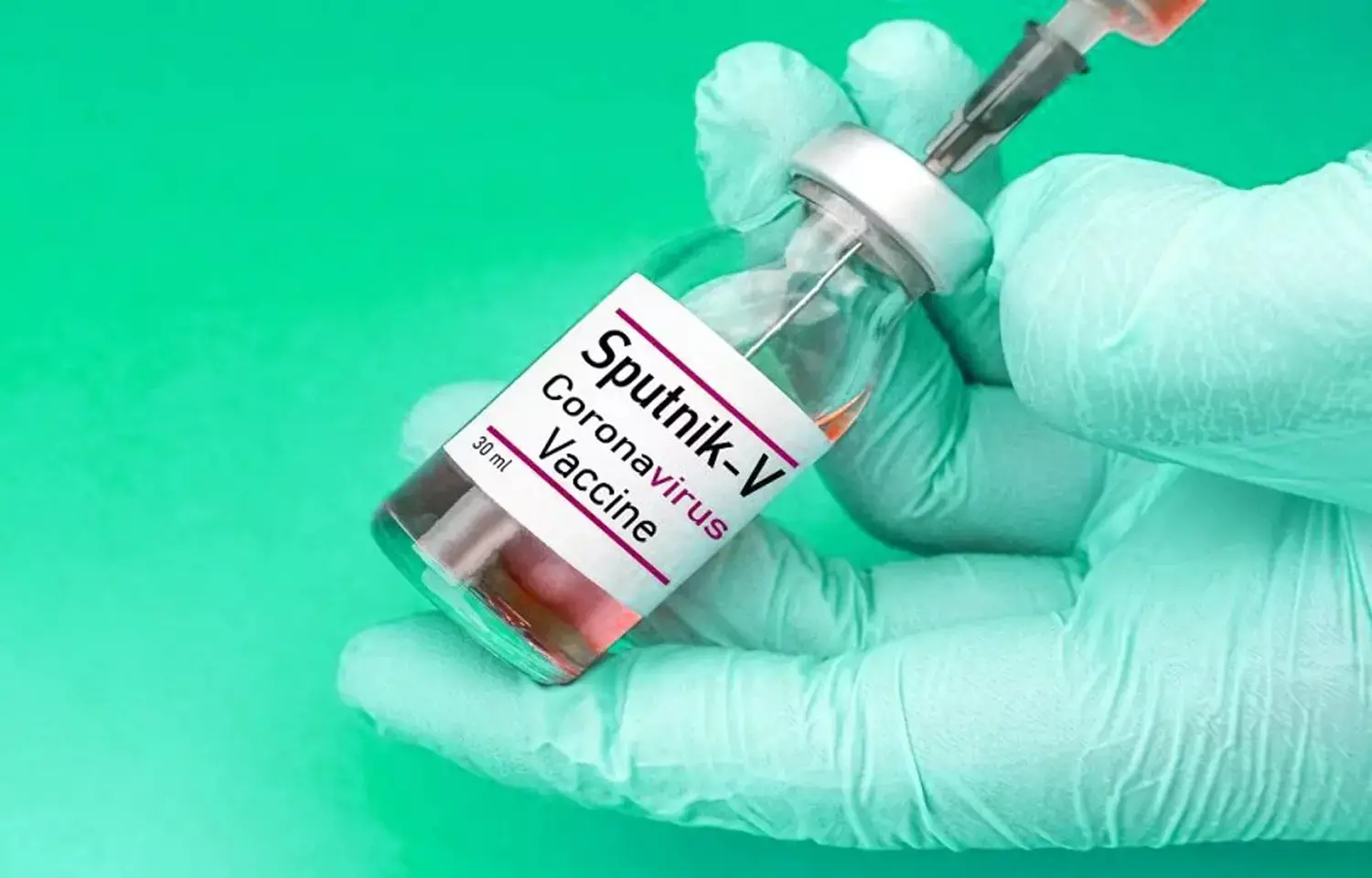- Home
- Medical news & Guidelines
- Anesthesiology
- Cardiology and CTVS
- Critical Care
- Dentistry
- Dermatology
- Diabetes and Endocrinology
- ENT
- Gastroenterology
- Medicine
- Nephrology
- Neurology
- Obstretics-Gynaecology
- Oncology
- Ophthalmology
- Orthopaedics
- Pediatrics-Neonatology
- Psychiatry
- Pulmonology
- Radiology
- Surgery
- Urology
- Laboratory Medicine
- Diet
- Nursing
- Paramedical
- Physiotherapy
- Health news
- Fact Check
- Bone Health Fact Check
- Brain Health Fact Check
- Cancer Related Fact Check
- Child Care Fact Check
- Dental and oral health fact check
- Diabetes and metabolic health fact check
- Diet and Nutrition Fact Check
- Eye and ENT Care Fact Check
- Fitness fact check
- Gut health fact check
- Heart health fact check
- Kidney health fact check
- Medical education fact check
- Men's health fact check
- Respiratory fact check
- Skin and hair care fact check
- Vaccine and Immunization fact check
- Women's health fact check
- AYUSH
- State News
- Andaman and Nicobar Islands
- Andhra Pradesh
- Arunachal Pradesh
- Assam
- Bihar
- Chandigarh
- Chattisgarh
- Dadra and Nagar Haveli
- Daman and Diu
- Delhi
- Goa
- Gujarat
- Haryana
- Himachal Pradesh
- Jammu & Kashmir
- Jharkhand
- Karnataka
- Kerala
- Ladakh
- Lakshadweep
- Madhya Pradesh
- Maharashtra
- Manipur
- Meghalaya
- Mizoram
- Nagaland
- Odisha
- Puducherry
- Punjab
- Rajasthan
- Sikkim
- Tamil Nadu
- Telangana
- Tripura
- Uttar Pradesh
- Uttrakhand
- West Bengal
- Medical Education
- Industry
Sputnik V single dose triggers strong antibody response, claims study

New Delhi: A single dose of the Sputnik V vaccine may be enough to elicit strong antibody response against SARS-CoV-2, the virus that causes COVID-19, in already infected people, according to a study.
Previous studies have found that two doses of Sputnik V, a vector vaccine produced using a combination of two adenoviruses, results in 92 per cent efficacy against COVID-19 infection.
Adenoviruses are common viruses that cause a range of illness with cold-like symptoms such as fever and sore throat.
The new study, published on Tuesday in the journal Cell Reports Medicine, examined whether a single dose would achieve greater public health benefit than two doses by allowing protection of a larger population more quickly.
"Due to limited vaccine supply and uneven vaccine distribution in many regions of the world, health authorities urgently need data on the immune response to vaccines to optimize vaccination strategies," said study senior author Andrea Gamarnik of the Fundacion Instituto Leloir-CONICET in Buenos Aires, Argentina.
"The peer-reviewed data we present provide information for guiding public health decisions in light of the current global health emergency," Gamarnik said.
The researchers noted that evidence from other vaccines offers support for the one-shot approach.
The AstraZeneca vaccine, for example, shows 76 per cent efficacy after a single dose, and the Moderna and Pfizer vaccines may induce sufficient immunity in previously infected individuals after one dose, with no apparent benefit of an additional dose, they said.
In the latest study, the researchers compared the effects of one and two shots of Sputnik V on SARS-CoV-2-specific antibody responses in 289 healthcare workers in Argentina.
Three weeks after the second dose, all volunteers with no prior infection generated virus-specific immunoglobulin G (IgG) antibodies -- the most common type of antibody found in blood.
However, even within three weeks of receiving the first dose, 94 per cent of these participants developed IgG antibodies against the virus, and 90 per cent showed evidence of neutralising antibodies, which interfere with the ability of viruses to infect cells.
The research further showed that IgG and neutralising antibody levels in previously infected participants were significantly higher after one dose than those in fully vaccinated volunteers with no history of infection.
A second dose did not increase the production of neutralising antibodies in previously infected volunteers.
"This highlights the robust response to vaccination of previously infected individuals, suggesting that naturally acquired immunity might be enhanced sufficiently by a single dose, in agreement with recent studies using mRNA vaccines," Gamarnik said.
The researchers noted that further studies are needed to evaluate the duration of the immune response and to assess how antibody levels relate to vaccine protection against COVID-19.
The high antibody levels after a single dose in naive participants suggests a benefit of delaying second dose administration to increase the number of people vaccinated, they said.
"Evidence based on quantitative information will guide vaccine deployment strategies in the face of worldwide vaccine supply restriction," Gamarnik added.
Ruchika Sharma joined Medical Dialogue as an Correspondent for the Business Section in 2019. She covers all the updates in the Pharmaceutical field, Policy, Insurance, Business Healthcare, Medical News, Health News, Pharma News, Healthcare and Investment. She has completed her B.Com from Delhi University and then pursued postgraduation in M.Com. She can be contacted at editorial@medicaldialogues.in Contact no. 011-43720751
Next Story


